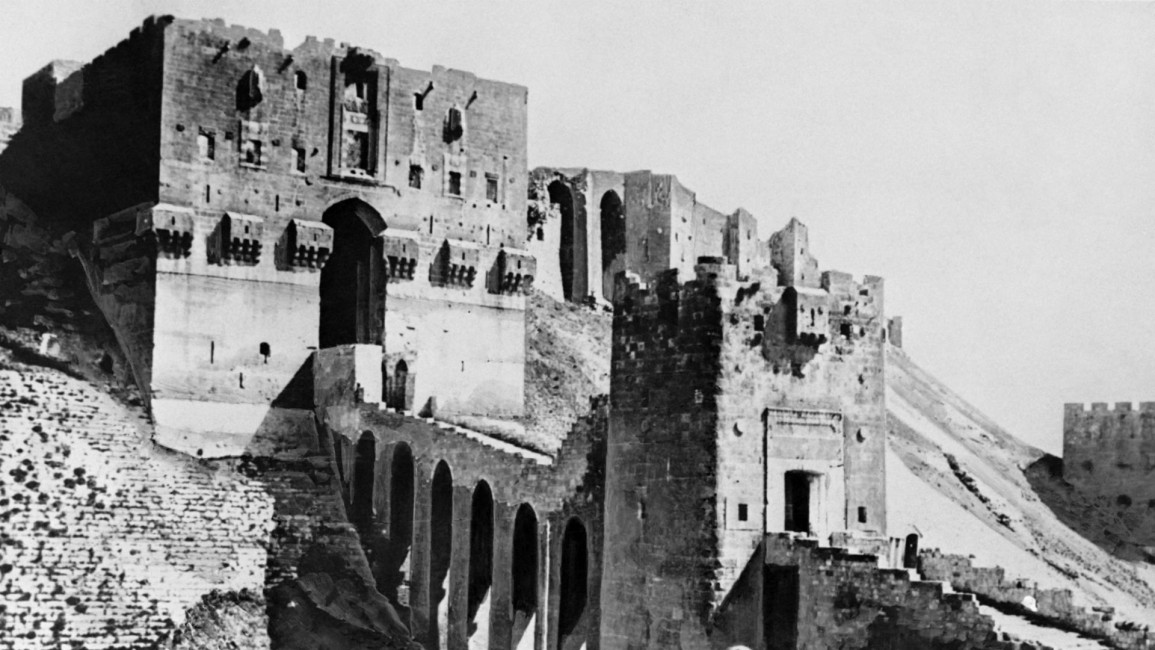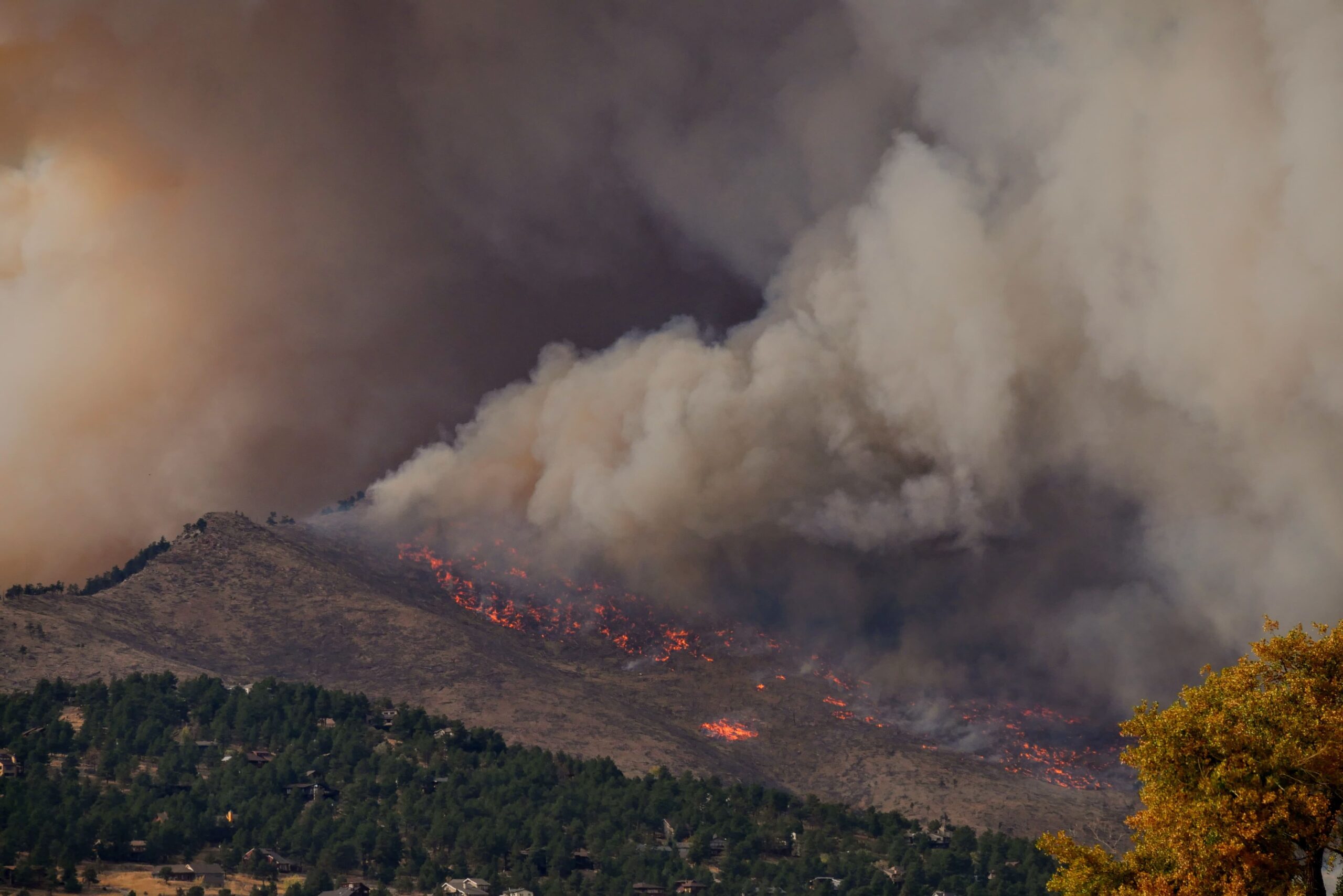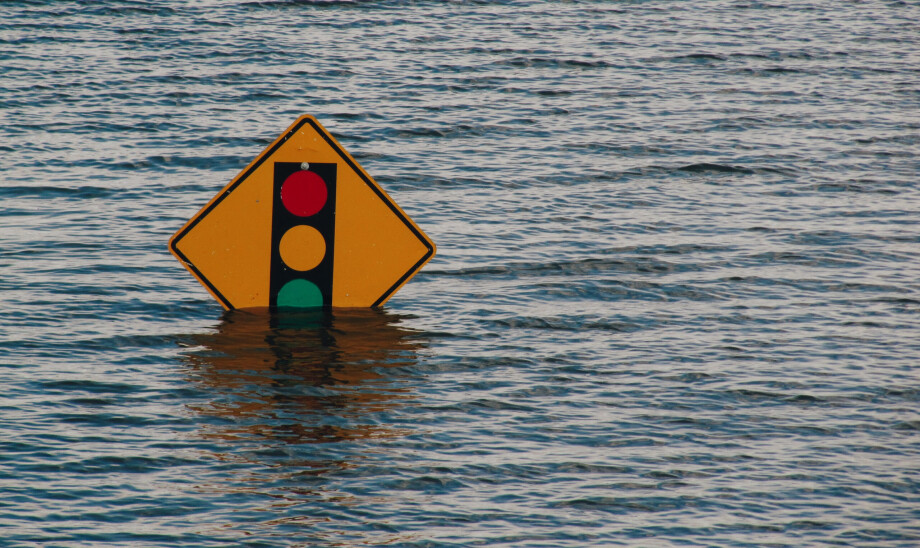One of the greatest ways to motivate students to learn a foreign language is to keep up with the contemporary world and use up-to-date materials in the classes. And here comes everyday news, some of which are shocking, some are fascinating and some are definitely worth discussing in the classes.
Previously we have presented articles on How to Use the News in Lessons, How to Conduct News Lessons with Teens, Top newspapers for ESL classrooms, Popular magazines for English Learners and Ways and Resources to Use Mass Media in the ESL Classroom.
Here we will present lesson ideas on the latest news of flooding in Europe to use with your students of Intermediate level and higher.
German flood deaths rise as search continues
Task 1: Warm-up
Answer the questions.
- What natural disasters can you name?
- Is your country often hit by natural disasters?
- Do you think natural disasters are happening more frequently in the world today?
- What was the latest natural disaster you saw on TV?
Task 2: Lead-in
Look at the cover photo of the news. Brainstorm ideas about it and try to come up with the heading.
Key:
Floods in Germany in July 2021.
Task 3
Have you ever been in a flooded area or do you know anyone who has? Let’s see if you know what to do in a situation like this. Choose the best options:
- If you are surrounded by floodwaters and have nothing else to drink, how do you make the water safe to drink?
- Filter it through a shirt or cloth before drinking.
- Boil it for at least 5 minutes.
- You can’t make it safe to drink.
2. What areas are at the highest risk of flooding?
- Farmlands with rivers.
- Areas with a lot of paved surfaces.
- Both.
3. If you see power lines down in the floodwaters, what should you do?
- Move quickly.
- Keep your distance and turn back immediately.
- You’re safe enough if you’re wearing rubber boots.
Keys:
1—C. You can’t make it safe to drink.
Floodwaters cannot be made safe to drink. They will contain harmful bacteria, oil and other chemicals that get into the floodwaters from homes and buildings.
2—C. Both.
The lack of ground that can take in water causes build-up and quick flooding in paved areas. If farmlands are a surprising answer, remember that anywhere with a large water source is dangerous because the water can get over «typical» boundaries causing flooding.
3—B. Keep your distance and turn back immediately.
If you see downed power lines, treat them as if they are energized. Stay away from the lines and any objects they are touching.
Task 4
Watch the video and put the mentioned things in the correct order.
- The worst natural disaster.
- Evacuated people.
- Flooding hits Belgium and the Netherlands.
- Global warming.
- Water levels in parts of Western Germany.
- The number of people who died because of flooding.
Keys:
e, a, f, b, c, d
Task 5
Watch the video again and fill in the gaps with the missing words: devastation, to remain missing, a rescue worker, an estimate, to cut off, to step up.
- ___ continued their search for survivors of the country’s worst natural disaster.
- The past several days of flooding have ___ entire communities from power.
- According to police ___ at least 133 people have died.
- Hundreds of people ___
- Climate protection measures need to be ___
- The ___ caused by the floods could intensify the debate over climate change ahead of the vote.
Keys:
— rescue workers
— cut off
— estimates
— remain missing
— stepped up
— devastation.
Task 6
Match the words with their meanings.
- A rescue worker
- To cut off
- An estimate
- To remain missing
- To step up
- Devastation
to
- Unable to be found
- An approximate calculation of quantity
- A person whose job is to try to save people from dangerous or difficult situations
- An event that results in total destruction
- To stop the supply of something to somebody
- To speed up
Keys:
- — C
- — E
- — B
- — A
- — F
- — D
Task 7
Answer the questions.
- Has the water level gone down in Western Germany?
- How many people have died according to police estimates?
- What consequences did the disaster bring?
- What other countries did the flooding also hit?
Keys:
- No, it hasn’t. Water levels remained high in parts of Western Germany while rescue workers continued their search for survivors.
- 133 people.
- The past several days of flooding have cut off entire communities from power and communications and collapsed homes.
- It also hit Belgium and the Netherlands.
Task 8
Choose the topic you’d like to discuss.
A. I would like to talk about an ancient natural disaster: the Aleppo earthquake in 1138.

Imagine that you are making a news report from ancient times. Report about the earthquake in Aleppo in 1138 using the words and phrases from the Wordlist.
WORDLIST:
— A rescue worker
— To cut off
— An estimate
— To remain missing
— To step up
— Devastation
B. I would like to talk about a recent natural disaster: Colorado wildfires.

Imagine that you are making a news report about the Colorado wildfires. Report about it using the words and phrases from the Wordlist.
WORDLIST:
— A rescue worker
— To cut off
— An estimate
— To remain missing
— To step up
— Devastation
To summarise the news lesson let your students tell three important sentences from the video that will cover the main idea of it.
How do you use news in your classes?







 Анна Михайлова-Левина
Анна Михайлова-Левина 
 Skyteach
Skyteach 


